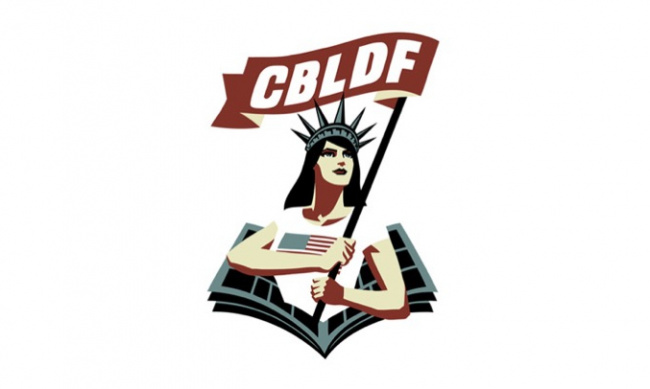While most school and library materials go through distributors such as Baker & Taylor, the law defines a “library material vendor” as “any entity that sells library material to a public primary or secondary school in this state.” That means the statute would apply to retailers as well.
Judge Alan D. Albright made the ruling on August 31. The Comic Book Legal Defense Fund, one of a group of booksellers and organizations that sued to have the law declared unconstitutional, Tweeted the news of the injunction, adding that the judge would issue a written order, with reasoning, next week. The State of Texas will appeal.
The Texas legislature passed HB900 earlier this year. The law includes the following provisions:
The Texas State Library and Archives must create standards for “sexually explicit” and “sexually relevant” materials.
- Booksellers would be required to categorize any books they sell or have sold to schools according to those standards and issue a recall for any “sexually explicit” materials that they sold to schools;
- Schools would be prohibited from purchasing any “sexually explicit” materials and would have to remove existing materials from their libraries.
- Librarians would have to get parental consent for students to read or check out any books rated “sexually relevant.”
- The ratings would be overseen by the Texas Education Agency, which would have the power to overrule a vendor’s rating.
- Booksellers who do not comply with the rating system would not be allowed to sell any books at all to the schools.
A group of retailers and organizations, including the Comic Book Legal Defense Fund, filed a lawsuit in the U.S. District Court for the Western District of Texas to block enforcement of the law (see “CBLDF, ABA, AAP, Booksellers Sue Over New Texas Law”). Their complaint argued that HB900 is unconstitutional because it is too broad, too vague, and targets protected speech without an explicit and compelling state interest in doing so. In addition, they said, the law “compels Plaintiffs to express the government’s views, even if they do not agree, and operates as a prior restraint, two of the most egregious constitutional infringements.”









